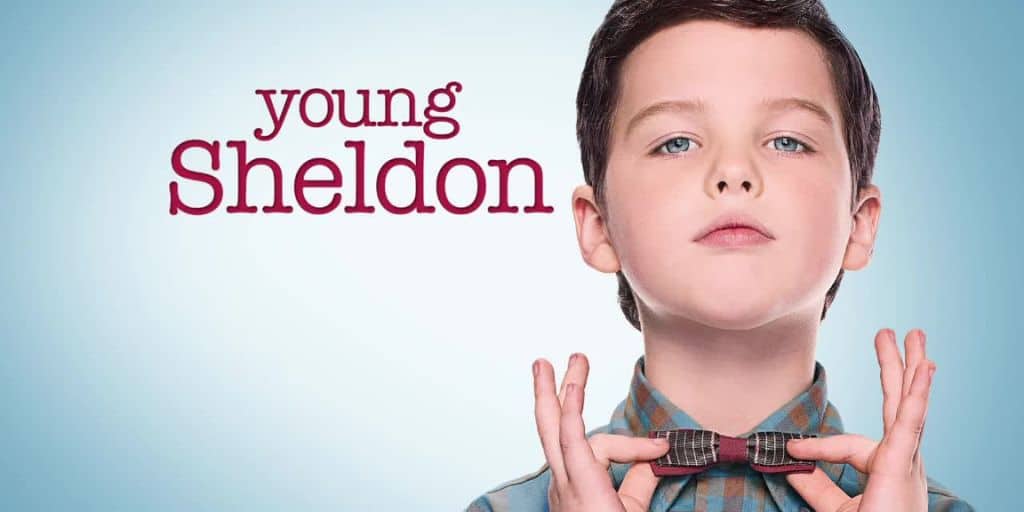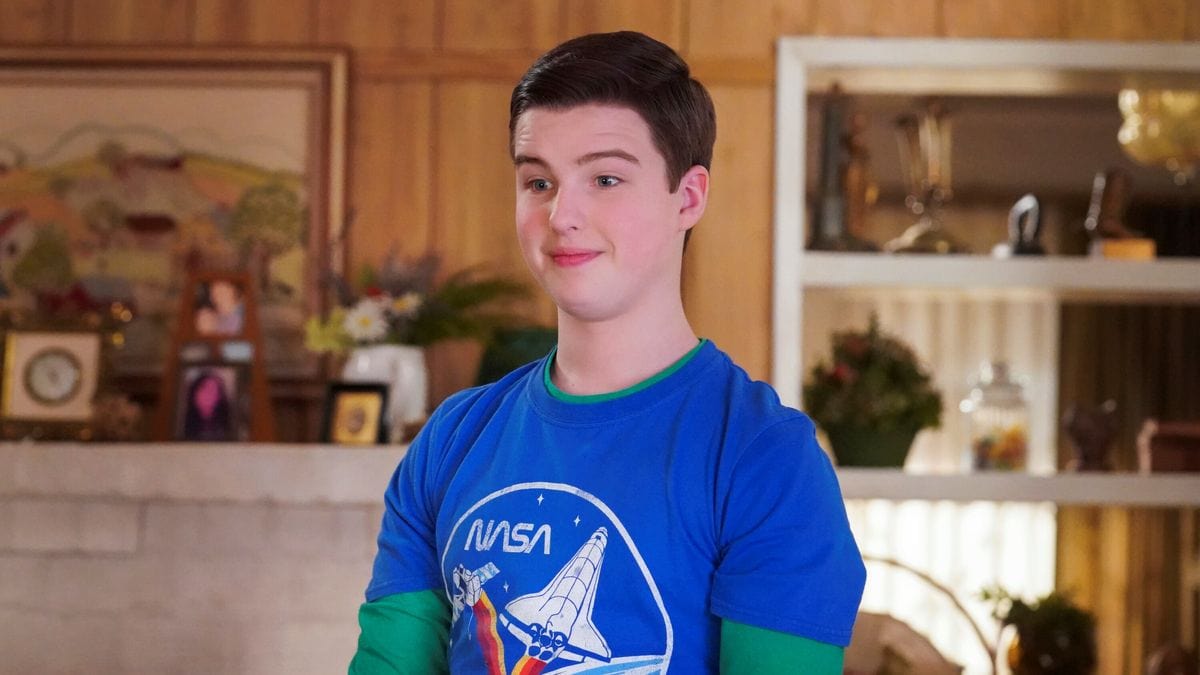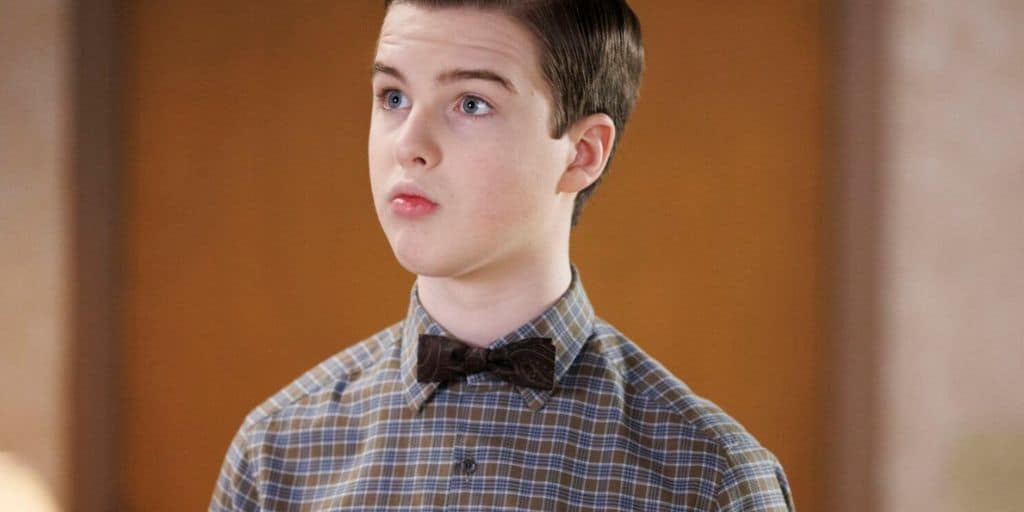Young Sheldon was introduced to The Big Bang Theory through a deft cameo, but this moment also subtly explained away a lot of the enigmatic canon changes made to the spinoff. With the canon of its predecessor, the well-liked sitcom The Big Bang Theory, Young Sheldon plays fast and loose.
While Mary, Sheldon’s mother in Young Sheldon, is considerably more amiable, Mary is frequently represented in The Big Bang Theory as a bitter, cruel person.
Meemaw, Sheldon’s grandmother, is portrayed in The Big Bang Theory as an older counterpart of his conservative, devout mother; but, in Young Sheldon, she is the free-spirited antithesis of her daughter.
The crossover between the two programs clarified one of the reasons for the contradictions, while the upcoming Young Sheldon season 7 might provide more support for these distinctions.
When Sheldon watched an old DVD he had made for his future self when he was a child, he was confronted by Young Sheldon’s hero in The Big Bang Theory season 12, episode 10, “The VCR Illumination.”

Sheldon was hoping the tape would inspire him, but he was shocked to see his father had recorded a high school football game over it. Still, the cassette filled in a storyline hole in Young Sheldon.
Young Sheldon’s Big Bang Theory Inconsistencies are Explained by Sheldon’s Memory
The videotape that Sheldon watched, which featured Iain Armitage as his younger self, served as the setup for the Big Bang Theory spinoff Young Sheldon. But this sequence also covers up one of the strangest issues with the spinoff.
Even though the character had an almost eidetic memory in other areas, Sheldon was shocked to learn the tape had been recorded over since he couldn’t recall the message he had read aloud to himself. This scene demonstrated that the narrator of the spinoff wasn’t always trustworthy.
One possible explanation for why so many of Sheldon’s memories in Young Sheldon run counter to assertions he made previously in The Big Bang Theory regarding the past is because he failed to recall the message he recorded for himself.
Sheldon bemoaned in that episode that his father, George Sr., was a drunkard who committed philandering. Young Sheldon, on the other hand, portrayed George Sr. as a quite endearing everyman.
In a similar vein, Sheldon in The Big Bang Theory described his early years as being characterized by constant bullying, although Young Sheldon demonstrated that these incidents were rare and never very serious.
When it comes to its narrator, the Big Bang Theory spinoff encounters a common issue: the older Sheldon frequently relates tales that he could not have known about at the time.
The adult Sheldon is frequently shown informing viewers about his grandmother’s love life, his brother having an affair, and other tales that he would not have been aware of during his adolescence because he narrates the lives of all of Young Sheldon’s supporting cast.

This isn’t the spinoff’s biggest contradiction, either. Sheldon’s recall is likewise not entirely clear. Sheldon recalls the code “Robot Monkey Butler” from “The VCR Illumination.” This code is meant to verify that the person viewing the tape is Sheldon and not a replicant.
Oddly, Sheldon would remember this random, meaningless sentence but not the actual content of the message. This casts doubt on Sheldon’s claim to have an especially good memory and raises questions about how he came to know about the events he describes.
In the Young Sheldon season 6 finale, an adult Sheldon recounts how Meemaw’s gambling room was destroyed while he was traveling abroad.














